The term “negligence” can sometimes seem like a complicated legal term, but most of us are actually aware of its meaning, we just might not know it! According to the Merriam-Webster dictionary: having neglect is “to leave undone or unattended to, especially through carelessness,” and negligence is a “failure to exercise the care that a reasonably prudent person would exercise in like circumstances.” It comes from the Latin root neglegere which means to literally “not pick up something.”
So with regards to accidents, negligence is when one person or party was irresponsible in the way a reasonably prudent person would be. When someone gets in an accident because of another person’s negligence, there are legal implications. With bicyclists, this is usually an important factor because many bicycle accidents can lead to serious injuries for the riders.
Every accident is different, and there are specific circumstances surrounding each one, but in most cases there are one or more negligent parties. Potential negligence can occur in many different ways. Here are a few scenarios:
- First, foremost, and most obviously is a failure to obey traffic symbols and signs. Whenever anyone does not follow traffic laws, that person is responsible for any injuries that occur because of that negligent act of disregarding the law.
- You may recently have taken your bike in for repairs, and something was improperly repaired. If this caused you to have an accident, in this case, the repairman would be a negligent player. For example, if the brakes do not work properly, causing you to lose control of the bike and crash, the brake-repairman would hold responsibility for your injuries. Because the faulty breaks contributed to your accident
- Even if you have had your bike for a while, and it breaks down, the manufacturer may be negligent. If you can establish that the bicycle was defectively designed or manufactured, and this was the cause or major factor in your accident, you could bring a case against them.
- Fun Fact: In Utah, you are not legally required to wear a helmet after 17 years of age. Once you are a legal adult, it is not a negligent act to NOT wear a helmet. However, accident strongly suggest bicyclists should wear helmets, regardless of their age!
There are some cases wherein one or more party may be partially negligent. Contributory or comparative fault can certainly be examined and taken into account. If a bicyclist is partly responsible for an accident, he or she will bear some fault, or share in the damages recovery. The biggest way to avoid being negligent, both as a bicyclist or a motor vehicle driver, is to be aware. As citizens sharing the road, we all need to be aware of the roads, the traffic signals, and your surroundings, especially other people/vehicles.
In all of these situations, you would of course need to prove that the negligent party was in fact responsible for the negligence you claim, and that it was the reason for your accident. There are bicycle experts to help prove any cases’ evidence. There are physicists, engineers, and many other specialists who have years of experience reconstructing bicycle accident cases, and determining causes and improper manufacturing, repairs or maintenance. If a case involves a serious injury or death, attorneys for both parties will most likely call upon one or more of these experts to give professional input on the seriousness of the case.
Many people ask the question, “Is it necessary to hire a lawyer after I have been in an accident?”
The answer will almost always be yes. Most legal questions have complex answers, and too often victims of accidents are taken advantage of because they do not know their rights or the next steps to take in preserving those rights. At Christensen & Hymas, the official Utah Bicycle Lawyers, our attorneys treat every client with the personal attention and care they deserve. If you have been in an accident, or know of someone who has, or even if you have questions about the legal implications of an accident, call Christensen & Hymas, for a FREE consultation: 801-506-0800. We would love to talk to you.
